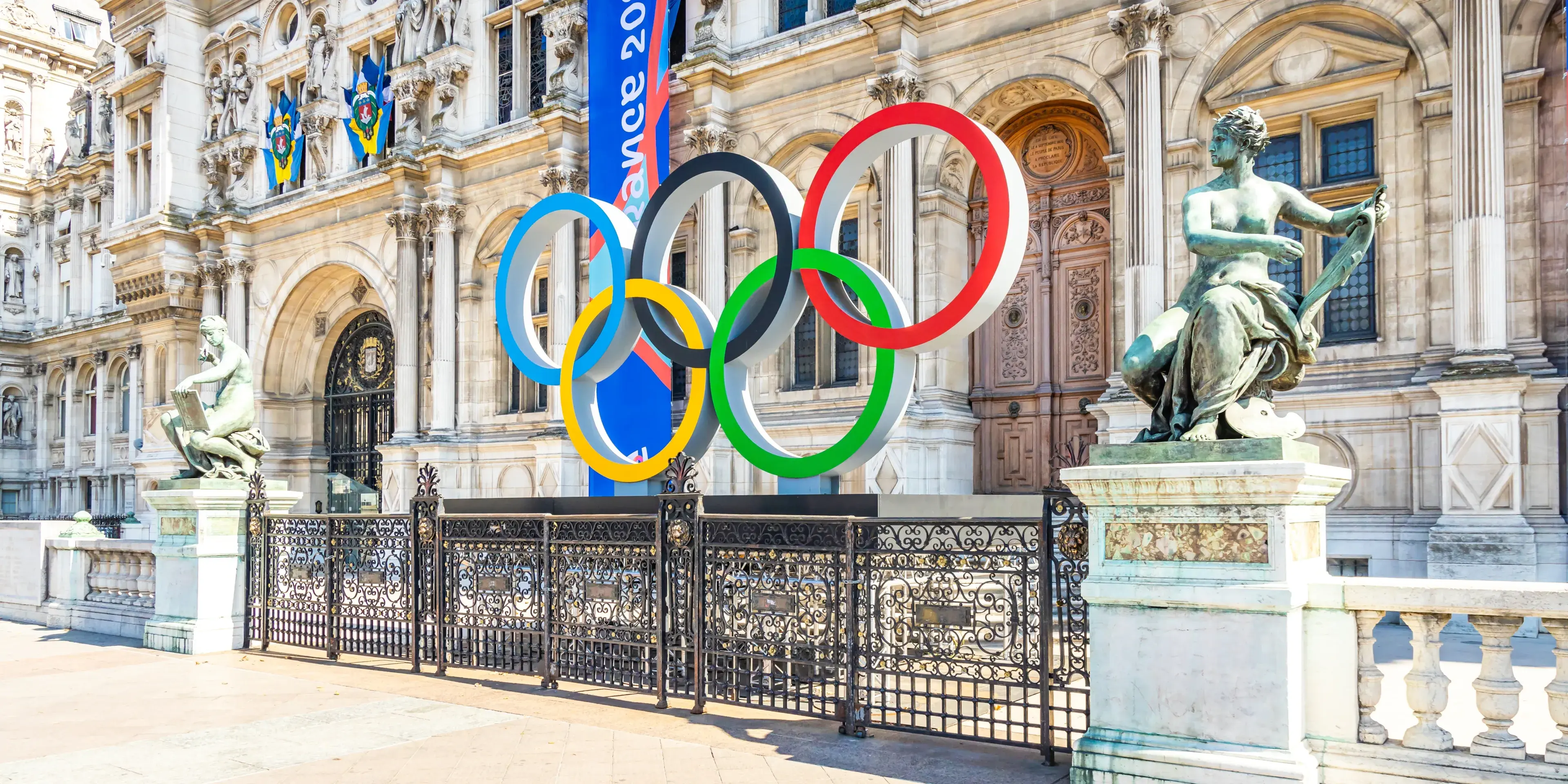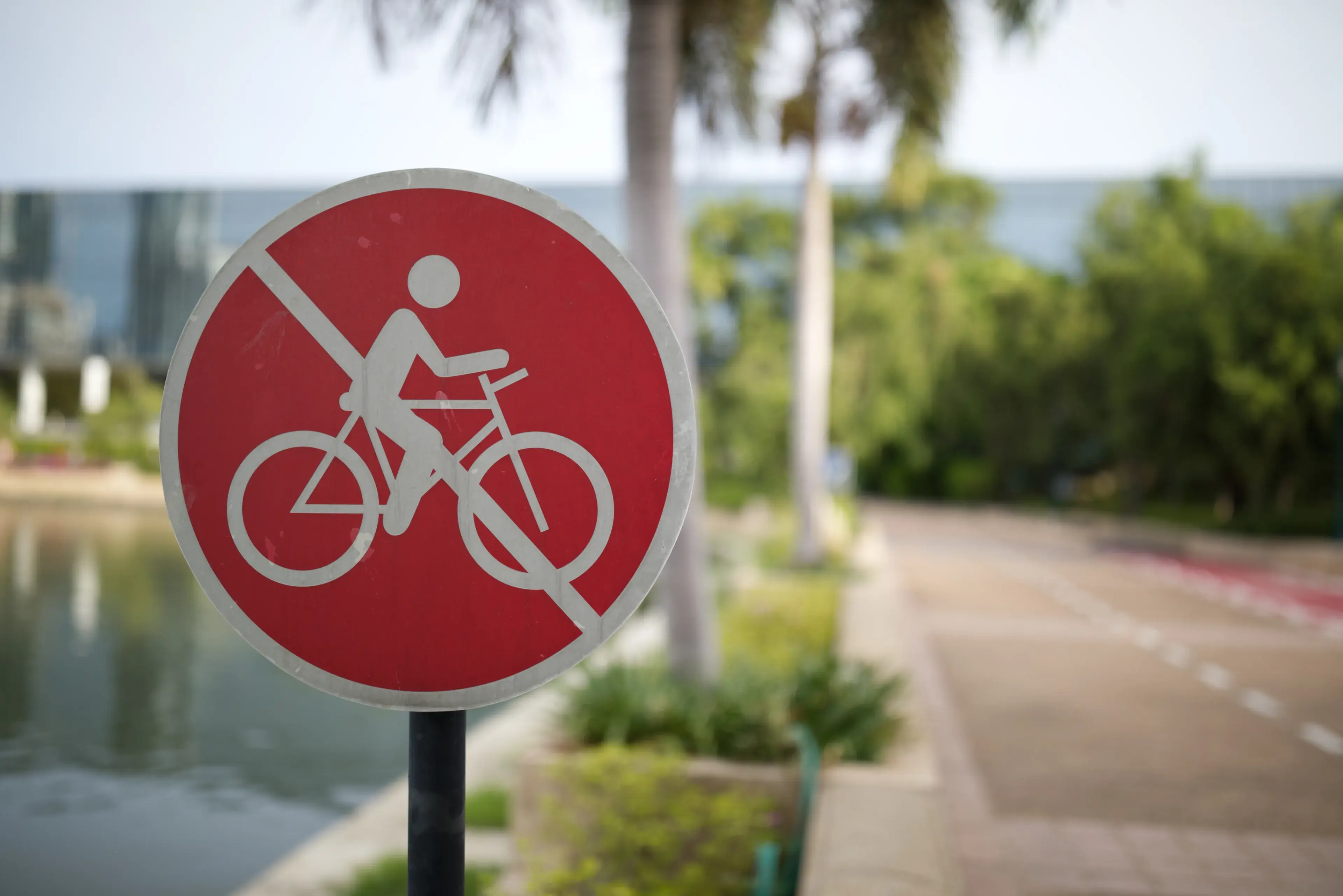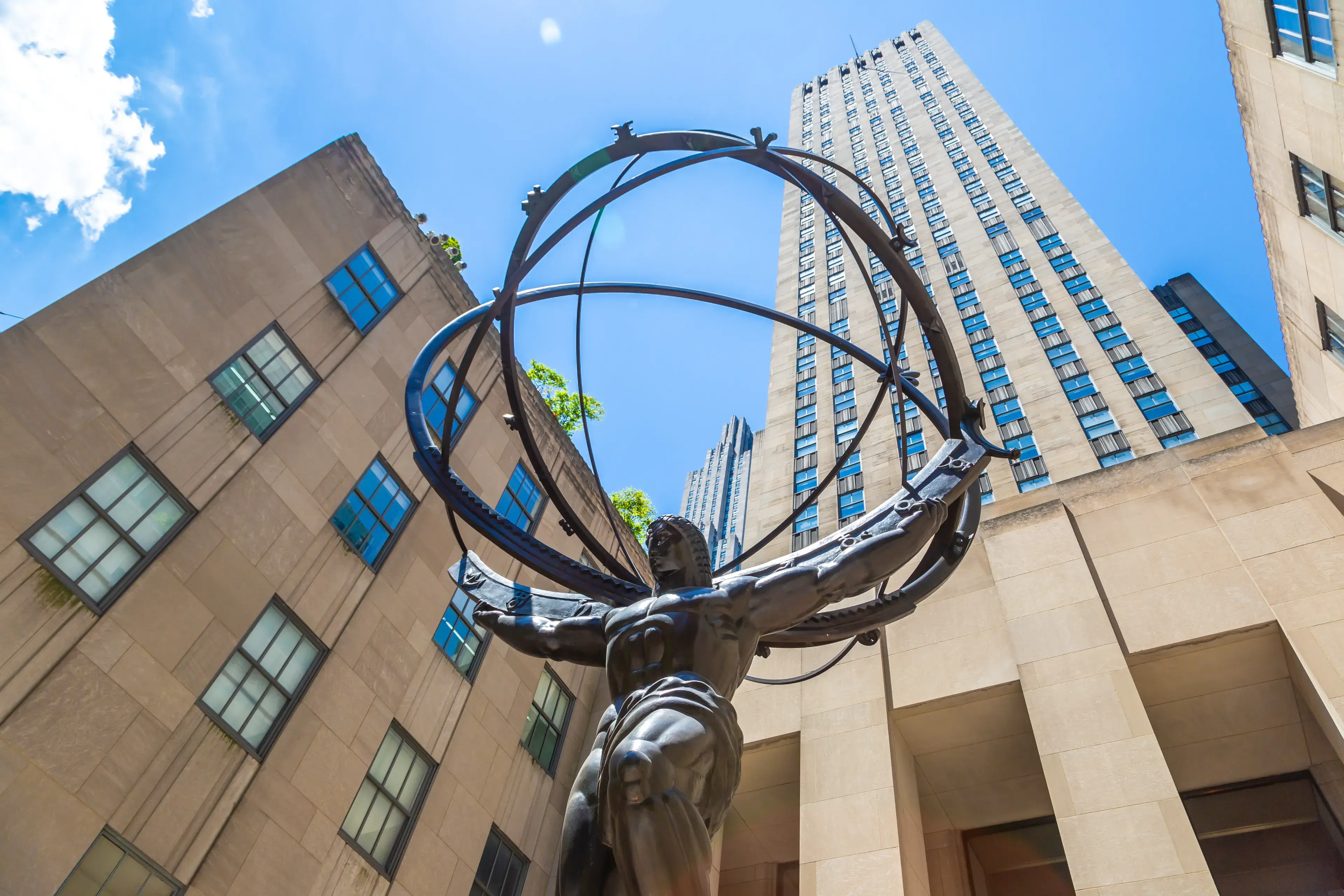
Florida Erases LGBTQ+ Tourism: State Website Purges Gay Travel Info in Shocking Move
In a move that has surprised and concerned many in the tourism industry, Florida's tourism marketing agency has quietly removed the "LGBTQ Travel" section from its website. This change, discovered in recent months, affects information about popular LGBTQ+ tourist destinations such as Key West, Fort Lauderdale, Wilton Manors, and St. Petersburg.
The removal of this section from Visit Florida's website has raised eyebrows, particularly given Florida's status as a top destination for LGBTQ+ tourists in the United States. The timing of this change aligns with several recent policy decisions in the state that have been perceived as unfriendly to the LGBTQ+ community.
Keith Blackburn, head of the Greater Fort Lauderdale LGBT Chamber of Commerce, expressed his dismay at the situation, stating, "It's just disgusting to see this. They seem to want to erase us." This sentiment echoes concerns from other business owners catering to Florida's LGBTQ+ tourists, who view this as another attempt by state officials to marginalize the LGBTQ+ community.
The change comes in the wake of several controversial measures championed by Republican Governor Ron DeSantis. These include a bill restricting classroom instruction on sexual orientation and gender identity, a ban on gender-affirming care for minors, and legislation aimed at keeping children out of drag shows.
Visit Florida, a public-private partnership between the state and its tourism industry, receives approximately $50 million annually from state funds. The agency's leadership, including board chair John Lai and CEO Dana Young, have not responded to requests for comment on the removal of the LGBTQ+ travel section.
Before its removal, the LGBTQ+ section on Visit Florida's website highlighted the state's appeal to the gay community, emphasizing a sense of belonging and acceptance. The section read, "There's a sense of freedom to Florida's beaches, the warm weather and the myriad activities - a draw for people of all orientations, but especially appealing to a gay community looking for a sense of belonging and acceptance."
This change poses challenges for tourism promoters like Blackburn, who now face questions from potential travelers and promoters expressing hesitation about doing business in Florida. Last year, several civil rights groups issued a travel advisory about Florida, citing policies they deemed "openly hostile toward African Americans, people of color and LGBTQ+ individuals."
Despite these challenges, Blackburn emphasizes that many Florida cities remain extremely inclusive, with gay elected officials and LGBTQ+-owned businesses. He stresses that these local communities often don't reflect the policies coming from the state government in Tallahassee.
The removal of LGBTQ+ travel information comes at a time when Florida's tourism industry is thriving. In 2023, the state welcomed nearly 141 million tourists, with out-of-state visitors contributing more than $102 billion to Florida's economy.
As this situation unfolds, it highlights the complex interplay between state policies, local communities, and the tourism industry in Florida. The impact of this change on LGBTQ+ tourism in the state remains to be seen, as does the response from local tourism boards and LGBTQ+-friendly businesses throughout Florida.


Destination Highlights
Qatar's Tourism Boom: Visa-Free Travel Opens Doors to Global Visitors
August 19, 2024

Destination Highlights
Forbidden Unlocked Unlocked: North Korea's Hidden Utopia Finally Open to Tourists!
August 14, 2024

Destination Highlights
Top 10 Places You Might Not Be Able to Visit in Less Than a Year
August 12, 2024

Destination Highlights
Chasing the Aurora: Prepare for Spectacular Aurora Displays in 2024
August 3, 2024

Destination Highlights
Disney's Heroic Voyage: The Disney Destiny Sets Sail with Marvel Magic and Pixar Pizzazz
August 2, 2024

Destination Highlights
Japan Balances Tourism Boom and Overtourism Concerns Amid Record Visitor Numbers
July 24, 2024




